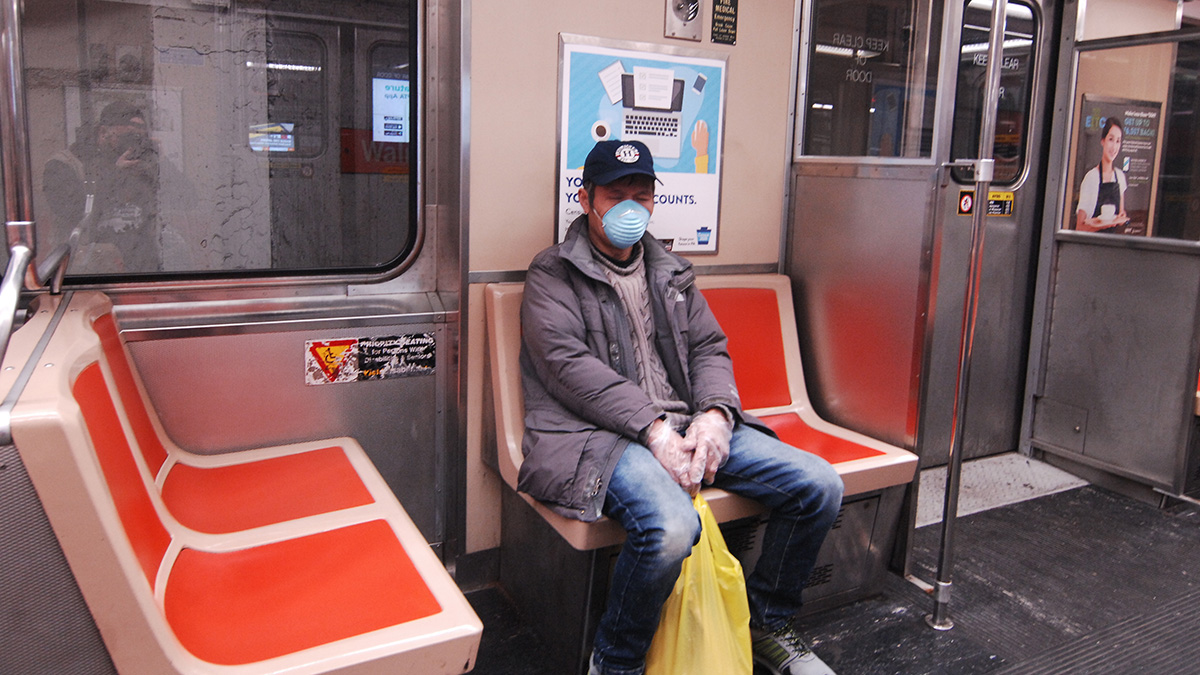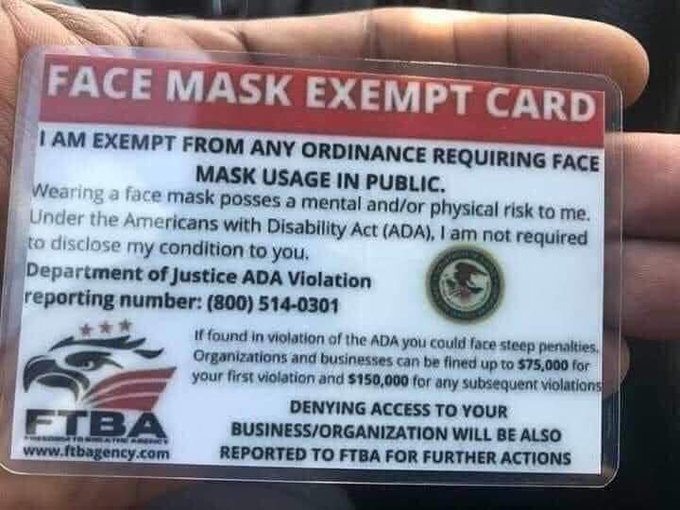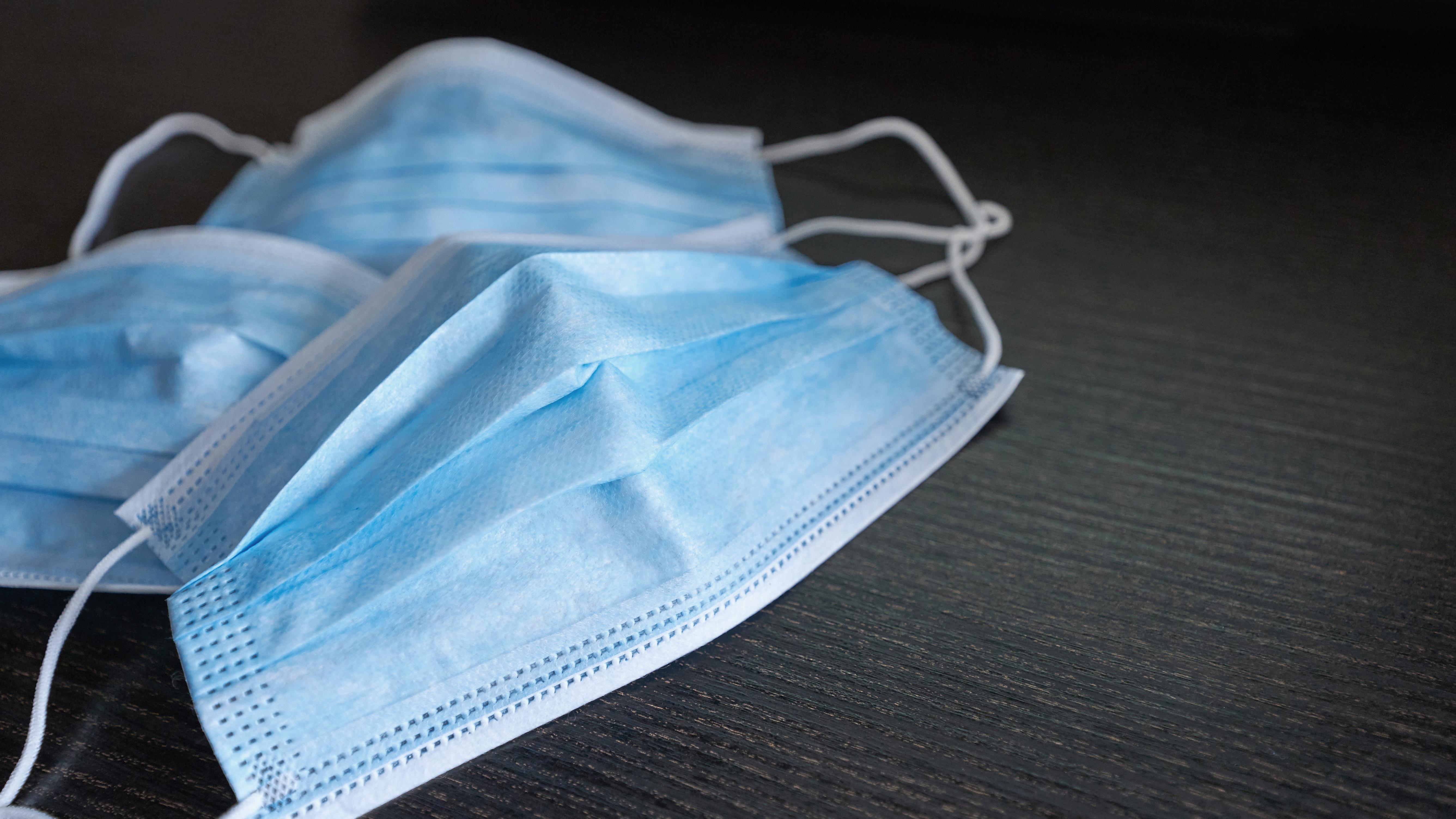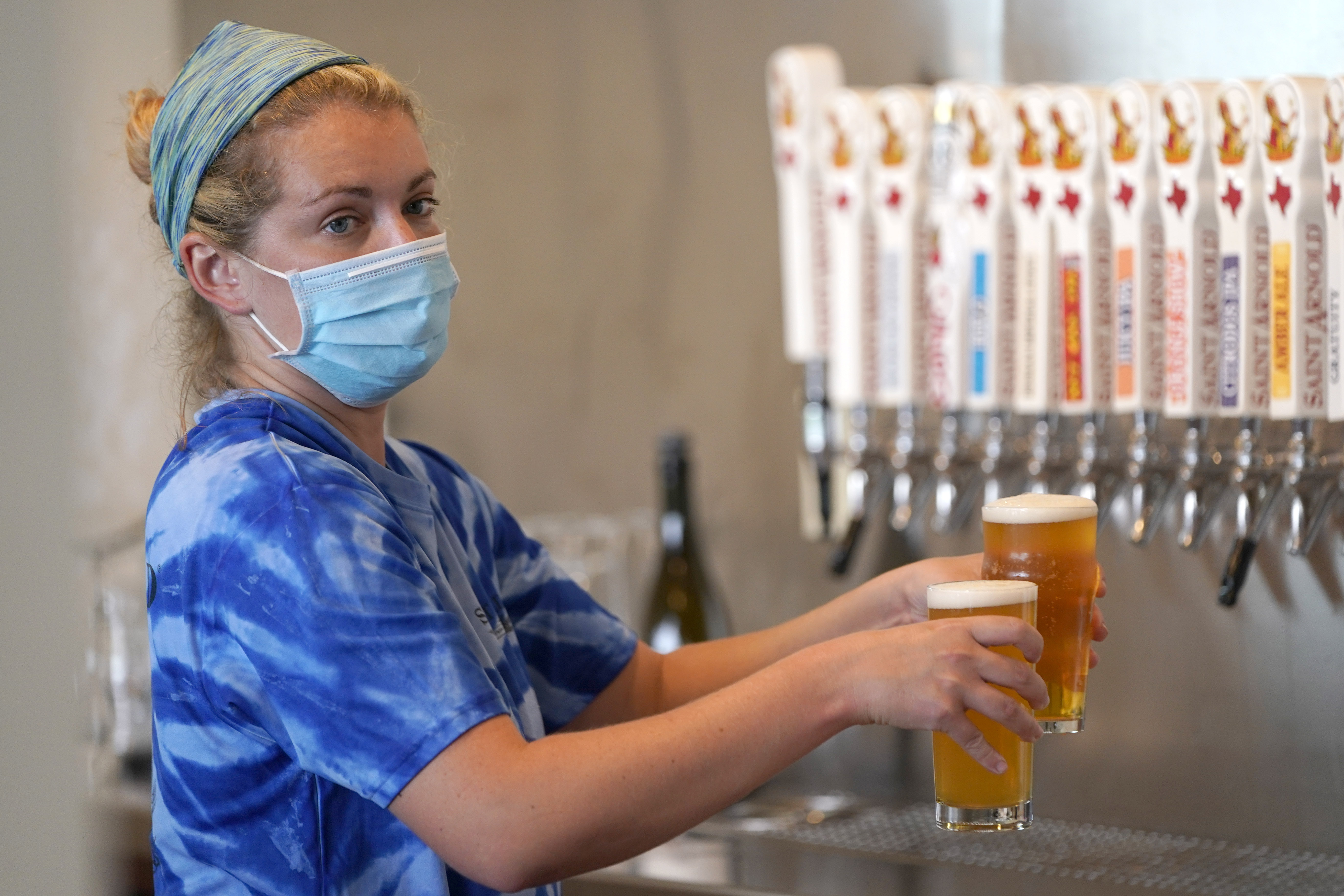Pennsylvania health officials are looking closely at areas where COVID-19 infection rates and deaths are ticking back up, threatening to turn back progress against the pandemic, the state's health secretary said Friday.
The rise may be attributable to the gradual reopening that has been taking place in Pennsylvania, as well as more extensive testing, Dr. Rachel Levine said.
“We are doing quote-unquote a deep dive into all of the counties that have had increases,” Levine said, warning that “community spread” is occurring in some parts of Pennsylvania.
Statewide, new case counts grew by 30% and the percentage of positive tests also ticked up in the last seven days, compared with the previous seven-day period, according to state data.
Get Philly local news, weather forecasts, sports and entertainment stories to your inbox. Sign up for NBC Philadelphia newsletters.
The Health Department announced 600 new confirmed cases of COVID-19 in Pennsylvania, the state's highest one-day total reported since June 13. That brings Pennsylvania’s total to more than 84,000 confirmed cases — eighth-highest among states, according to federal data — and, including 22 additional deaths reported Friday, 6,579 deaths since March.
Still, hospitalizations have continued to drop.
Also Friday, 11 counties moved to the green phase, the least-restrictive phase of Gov. Tom Wolf's three-step stoplight-colored pandemic reopening plan. The changes cover about 4.7 million people and include the cities of Allentown, Bethlehem, Erie, Scranton, Lancaster and Reading, as well as Philadelphia's heavily populated suburbs.
In the meantime, Wolf, a Democrat, has tried to stress in recent days that he has ordered all businesses to require employees and customers to wear masks, as health authorities report fielding complaints about businesses where masks aren't being worn.
Cases are on the rise in Allegheny County, which reported 61 new confirmed infections Friday, its second-highest reported daily total of new cases. The county's case counts and percentage of positive tests both more than tripled in the last seven days, compared with the previous seven-day period, according to state data.
County health authorities said two-thirds of the cases were among those 19 to 49 years old, some of whom reported traveling, attending protests and family gatherings or visiting or working in bars and restaurants. Travel included to places struggling with rising cases, including Myrtle Beach in South Carolina, Houston and Florida.
County health authorities also asked residents to consider postponing plans to travel to a coronavirus hot spot, and to self-quarantine for 14 days and get tested when returning.
In Philadelphia, health officials said Friday they are not meeting the target reductions in new infections to move next week as planned to the green phase.
As a result, they warned that they may have to postpone that step, thus keeping more restrictions in place on businesses that can open, as well as capacity and the size of public gatherings.
The city's health commissioner, Dr. Thomas Farley, said Philadelphia is seeing a slow increase in cases in the city, with a specific spike in people ages 16 to 19, likely because of social gatherings.
The city announced a mandatory mask order for both indoor and outdoor spaces for those in contact with someone they don't live with, and Farley urged people to quarantine themselves if they come to the city from other states or counties where case counts are rising.
Meanwhile, Wolf's administration said Friday it will allow Lebanon County, the 67th and final county, to move from the yellow phase to the less-restrictive green phase in one week. The county's case counts and percentage of positive tests both declined in the last seven days, compared with the previous seven-day period.
Lebanon County had been particularly resistant to Wolf's shutdown orders. Commissioners there voted 2-1 in mid-May to defy the governor's orders, even under threat of Wolf blocking coronavirus recovery aid.
Still, the heavily agricultural area in south-central Pennsylvania was held back when other hard-hit areas were allowed this week to move to the green phase.
At UPMC in Pittsburgh, Dr. Donald Yealy, the senior medical director and chair of emergency medicine, said in an interview Friday that, even with an uptick in cases in the area, the number of people hospitalized with the coronavirus or in the intensive care unit is lower than it was in April.
Yealy said he didn’t know why, but that just looking at the number of cases does not tell the entire story.
“It's an important part of it, nobody's denying that, but what’s important is also how many people are having severe illnesses, what's happening to them and are we are identifying who has it," Yealy said.





